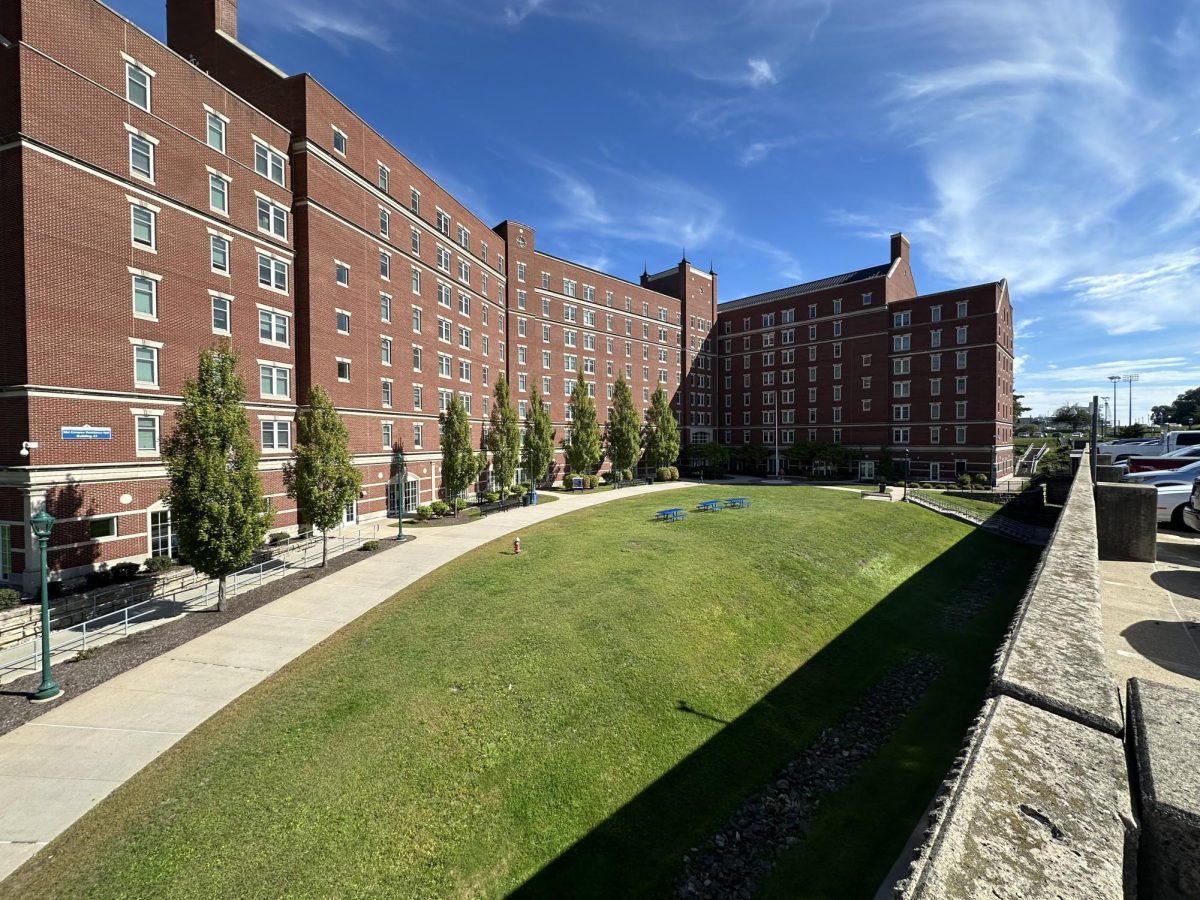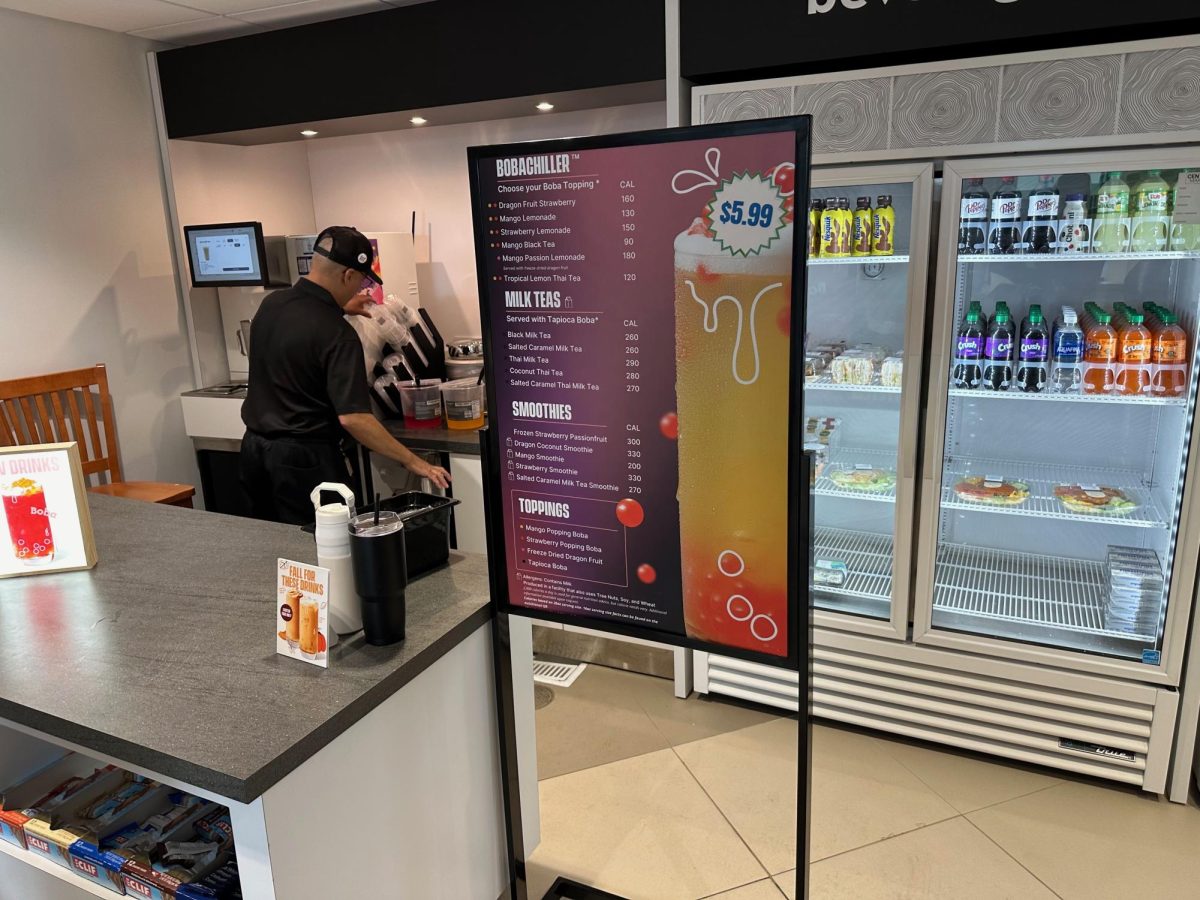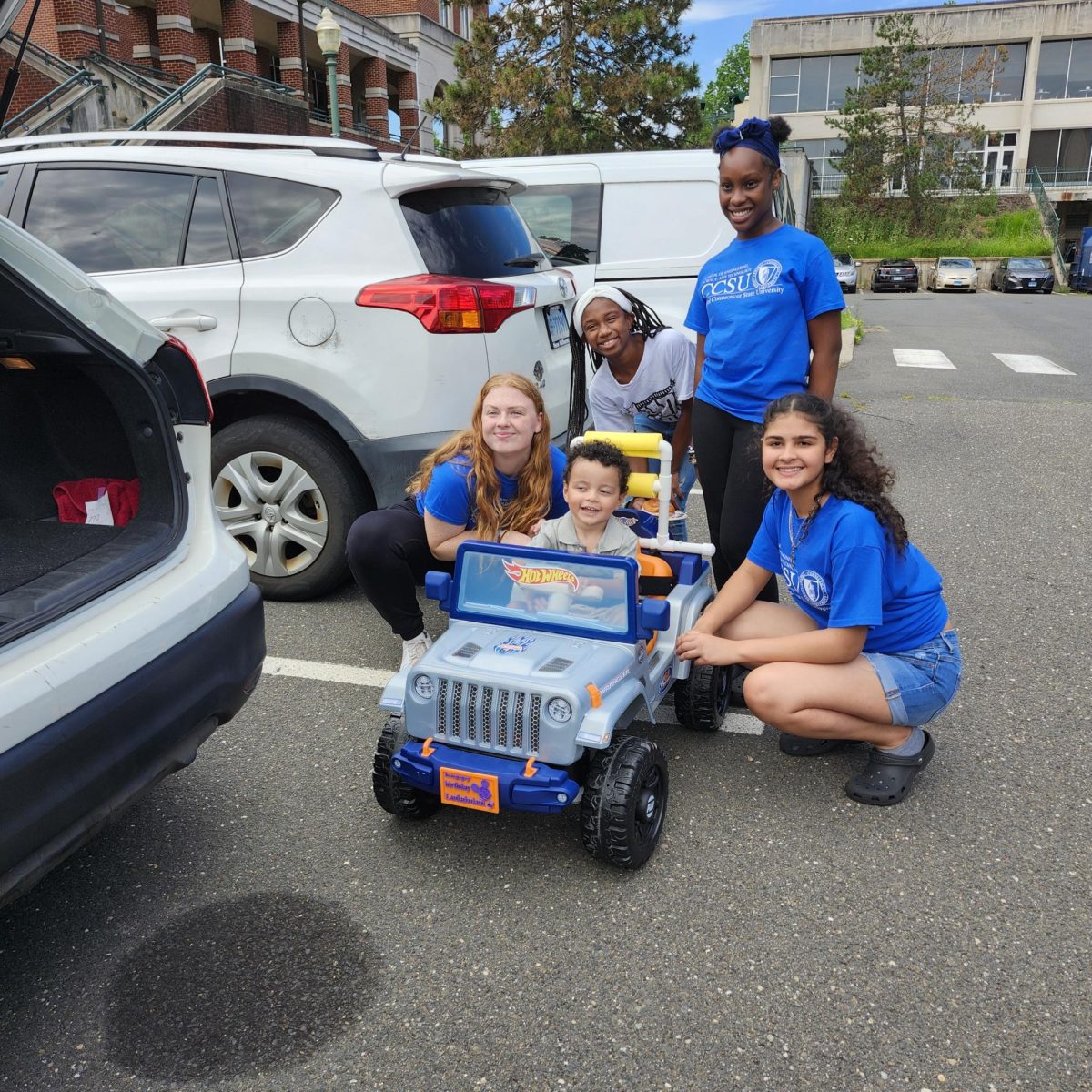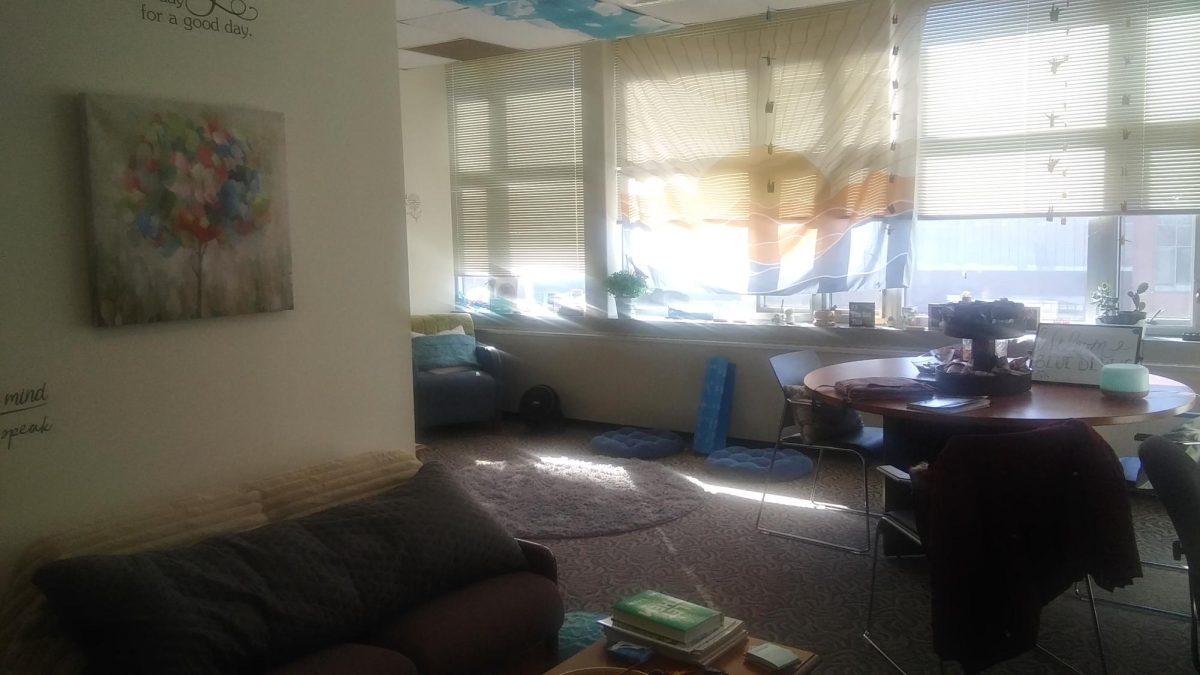While many Central Connecticut State University students take a short walk to reach their classes, commuters have already navigated busy roads and early morning traffic to get there.
The college experience is often described as an exciting step toward independence. But what the college experience looks like for students that commute rather than live on campus requires a unique skill set of packing half your life into your car because you never know what you may need, spending plenty of time searching for the perfect parking spot, only to discover its faculty only, and figuring out how to fill those three-hour gaps between classes.
CCSU offers resources to make those gaps easier to handle. The Central Commuter Student Organization hosts events like barbecues and drive-in movies to help commuters connect with each other.
According to its Instagram page, “Commutecentral,” the organization is “made for commuters by commuters.” Commuters make up a strong part of Central Connecticut State University’s student body and often get creative to stay involved on campus.
Miguel Pagan, a student worker and member of the Commuter Student Organization said “half of our student population is commuting. The goal of the Commuter Assistants is to foster a strong sense of community and connection on campus.”
The organization was built to help commuters take advantage of college to the fullest. Pagan also comments that “One of our flagship events is our Commuter Breakfast. Every Wednesday, we cater breakfast items from one vendor a week, and we switch it up to always deliver something different for the students, “Pagan said. “We host this event every Wednesday from 9-11a.m., and there is almost always a group of students waiting before the event even starts because they anticipate it every week.”
This has created a strong commuter presence and creates an opportunity for commuters to mingle as some residents may do in their dorm buildings. Commuters can be assumed to be isolated on campus. “We address the issue of isolation or disconnection by being representatives of what commuters can do on campus.” According to Pagan, he believes the CSO should represent commuters’ top priorities.
Some plan their entire schedules around public transit, making it especially important to find clubs or activities that make the trip worthwhile. Commuting has its challenges, but it also comes with perks: saving money on dorms and meal plans, staying flexible for extra work shifts or family time, and enjoying the comfort of home.
For many, living at home offers a sense of safety and stability that can make college feel less overwhelming. There are also more opportunities to meet people than some might expect. With events happening nearly every week, commuters who show up and engage with campus activities can still enjoy a full college experience.
Senior Alexandra Ruel commutes 35 minutes to campus every day, but she wasn’t always a commuter. She spent her first three years living on campus before deciding to move back home.
“Something just changed, and I wanted to live at home,” she said. “I missed being with my family and pets.”
She also works on campus, using breaks between classes for her job.
“Working here is fantastic, it’s a super flexible schedule because they know we’re students,” she said.
She added that working on campus has been a great way to meet people and feel more involved on campus.
Commuting, she says, is about personal preference, and for her, “my quality of life has improved,” especially since she now avoids middle-of-the-night fire alarms and the infamous XL twin bed. Students like Alexandra are experiencing the benefits that commuting can offer.
Commuting at Central can be the right pick for some students and still offers a fulfilling college experience, Ruel adds “It’s nice to be at home.”










